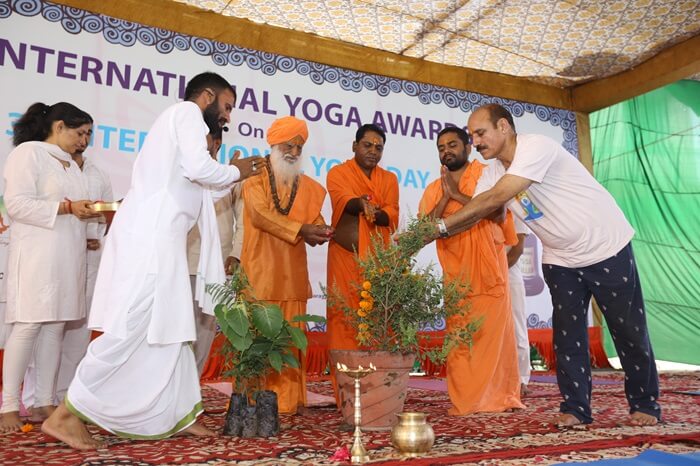Hormone Replacement Therapy (HRT) and Natural Alternatives

Hormone Replacement Therapy (HRT) is a much-debated topic as more women seek natural alternatives. The varying estrogen and progesterone cycles during the reproductive years may cause mood swings, painful cramps, bloating, and other symptoms of Premenstrual Syndrome (PMS). During the perimenopausal phase, hormonal fluctuations may lead to hot flashes, night sweats, mood changes, and weight gain. These symptoms can persist for an extended period. Conventional methods often prescribe numerous medications for each symptom, offering only temporary relief and leading to many side effects.
Making certain lifestyle changes and adopting simple techniques can help balance hormones and restore health. Some of these methods include:
Lifestyle Changes for Hormonal Balance
- Intake of Vegetables: Vegetables like broccoli, cauliflower, sprouts, and cabbage contain Indole-3-Carbinol (I3C), which metabolizes into Diindolylmethane (DIM). These substances help modulate estrogens and have cancer-fighting properties, particularly against breast cancer.
- Weight Maintenance: Excess body fat can lead to higher estrogen levels. Maintaining a healthy weight prevents the body from overproducing certain hormones.
- Including Phytoestrogens in the Diet: Phytoestrogens are plant-based substances found in foods such as soy foods, flax seeds, sunflower seeds, bean sprouts, and legumes like garbanzo beans and peas. These can naturally balance hormones. While there is some controversy over soy consumption, small amounts are generally safe. Avoid processed soy products and opt for traditional options like tofu, tempeh, miso, and soy sauce. Ensure these are organic. Individuals with thyroid disease should avoid raw foods containing phytoestrogens, as goitrogens in such foods can disrupt thyroid function. Cooking neutralizes this effect, but it is best to avoid consumption within two hours of taking thyroid medication.
- Using Herbal Remedies: Shatavari, an Ayurvedic herb, is effective for menopausal hot flashes and PMS-related mood swings and irritability. Other herbal remedies can address both physical and psychological symptoms, but it’s important to consult a trained practitioner before use.
- Breathing Deeply: Perform fifteen minutes of deep belly breathing twice daily. This practice has been shown to reduce hot flashes and night sweats in many clinical studies and improve women’s health. Regular meditation can also decrease stress hormones, allowing the body to function more efficiently.
Conclusion
Incorporating these lifestyle changes, physical activities, and stress management techniques can significantly contribute to hormonal balance and overall well-being. Seeking support from practitioners and loved ones can enhance this journey. Attending a Yoga Retreat in India at Rishikul Yogshala can further enhance this journey. Apart from aiding in hormonal balance, these retreats promote greater well-being and ideal health. Explore programs like the 200-hour Yoga Teacher Training in India, 300-hour Yoga Teacher Training in India, 500-hour Yoga Teacher Training in India, and Ayurveda Retreat in India to enhance your wellness journey.














